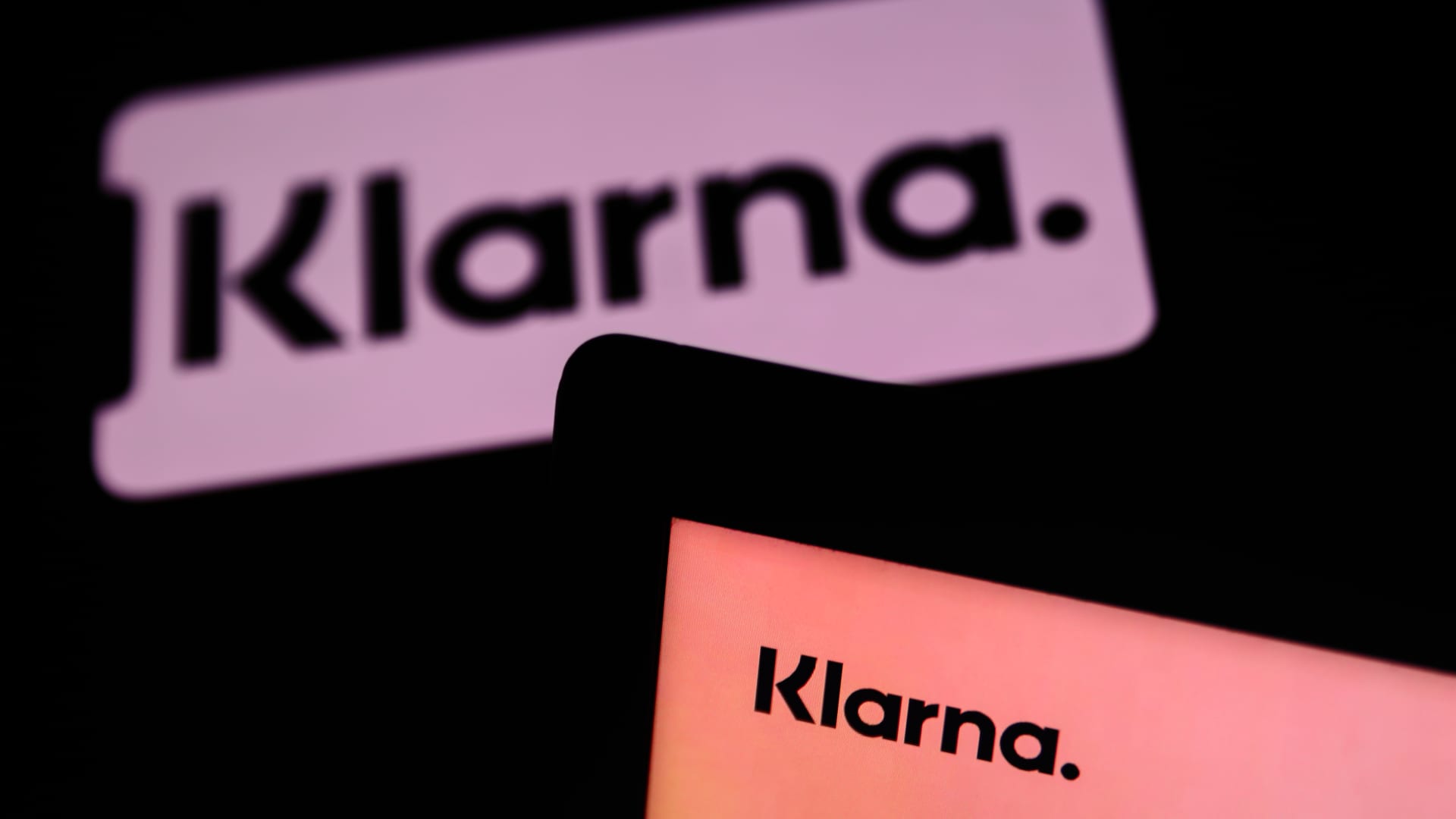With hype over the “purchase now, pay later” development fading, some traders are betting they’ve discovered the subsequent massive factor.
Purchase now, pay later firms like Klarna and Affirm, which let customers defer funds to a later date or break up purchases into interest-free installments, are beneath immense pressure as customers turn out to be extra cautious about spending as a result of rising value of dwelling, and as larger rates of interest push up borrowing prices. They’re additionally dealing with elevated competitors, with tech big Apple getting into the ring with its personal BNPL providing.
However enterprise capitalists are betting a brand new breed of startups from Europe would be the actual winners within the house. Firms like Mondu, Hokodo and Billie have raked in heaps of money from traders with a easy pitch: companies — not customers — are a extra profitable clientele for the purchase now, pay later development.
“There is a massive alternative on the market on the subject of ‘purchase now, pay later’ for the B2B [business-to-business] house,” stated Malte Huffman, co-CEO of Mondu, a Berlin-based startup.
Huffman, whose agency just lately raised $43 million in funding from traders together with Silicon Valley billionaire Peter Thiel’s Valar Ventures, predicts the marketplace for BNPL in B2B transactions in Europe and the U.S. will attain $200 billion over the subsequent few years.
Whereas providers like Klarna lengthen credit score for client purchases — say, a brand new pair of denims or a flashy speaker system — B2B BNPL companies intention to settle transactions between companies. It is totally different to another present types of short-term finance like working capital loans, which cowl companies’ on a regular basis operational prices, and bill factoring, the place an organization sells all or a part of a invoice for quicker entry to money they’re owed.
A brand new technology of BNPL startups
| COUNTRY | TOTAL VC FUNDING RAISED | |
| Scalapay | Italy | $727.5M |
| Billie | Germany | $146M |
| Playter | United Kingdom | $58.4M |
| Hokodo | United Kingdom | $56.9M |
| Mondu | Germany | $56.9M |
| Treyd | Sweden | $12.3M |
Supply: Crunchbase
Patrick Norris, a common accomplice at non-public fairness agency Notion Capital, stated the marketplace for B2B BNPL was “a lot greater” than that of business-to-consumer, or B2C. Notion just lately led a $40 million funding in Hokodo, a B2B BNPL agency primarily based within the U.Okay.
“The common basket dimension in B2B is way bigger than the common client basket,” Norris stated, including this makes it simpler for companies to generate income and obtain scale.
‘B2C’ gamers falter
Shares of main consumer-focused BNPL gamers have fallen sharply in 2022 as considerations a couple of potential recession weigh on the sector.
Sweden’s Klarna is in talks to lift funds at a pointy low cost to its final valuation, in accordance with a report from the Wall Avenue Journal — all the way down to $15 billion from $46 billion in 2021. A Klarna spokesperson stated the agency does not touch upon “hypothesis.”
Stateside, publicly-listed fintech Affirm has seen its inventory plunge greater than 75% for the reason that begin of the 12 months, whereas shares of Block, which bought Australian BNPL agency Afterpay for $29 billion, have fallen 57%. PayPal, which provides its personal installment loans characteristic, is down 60% year-to-date.
BNPL took off within the coronavirus pandemic, providing customers a handy solution to break up funds into smaller chunks with just some clicks at retailers’ checkout pages. Now, companies are getting in on the development.
“Companies are nonetheless dealing with money movement points in gentle of worsening macroeconomic circumstances and the continued provide chain disaster, so any means of receiving cash quicker on a versatile foundation goes to enchantment,” stated Philip Benton, fintech analyst at market analysis agency Omdia.
Mondu and Hodoko have not disclosed their valuations publicly, however Italy’s Scalapay and Germany’s Billie had been final valued at $1 billion and $640 million, respectively.
BNPL providers are proving particularly common with small and medium-sized enterprises, that are additionally feeling the pinch from rising inflation. SMEs have lengthy been “underserved” by massive banks, in accordance with Mondu chief Huffman.
“Banks can not actually go down in ticket dimension to make it economical as a result of the contribution margin they might get with such a mortgage does not cowl the related prices,” he stated.
“On the similar time, fintech firms have confirmed {that a} extra data-driven strategy and a extra automated strategy to credit score can really make it work and broaden the addressable market.”
Recession danger
BNPL merchandise have been met with pushback from some regulators as a result of fears that they could be pushing folks to get into debt that they can not afford, in addition to an absence of transparency round late cost charges and different prices.
The U.Okay. has led the cost on the regulatory entrance, with authorities officers hoping to usher in stricter guidelines for the sector as early as 2023. Nonetheless, Norris stated business-focused BNPL firms face much less regulatory danger than companies like Klarna.
“Regulation in B2C goes to supply a lot wanted safety to customers and assist them to buy good and keep out of debt,” he stated. “In B2B, the chance of companies overspending on objects they do not want is negligible.”
One factor the B2B gamers will have to be cautious of, nonetheless, is the extent of danger they’re taking over. With a doable recession on the horizon, a giant problem for B2B BNPL startups will likely be sustaining excessive development whereas additionally getting ready for potential insolvencies, Norris stated.
“B2B will usually be excessive worth, low quantity so naturally the chance urge for food will likely be larger and affordability checks extra necessary,” Omdia’s Benton stated.

Related posts
Subscribe
* You will receive the latest news and updates!
Quick Cook!
Is it Unlawful to Demand a Return to Workplace?
The patterns of distant and versatile working that adopted the COVID-19 pandemic and lockdown restrictions are starting to waver, with…
The Startup Journal The way to Safe Short-term Startup Funding If You Don’t Have Traders But
Beginning a brand new enterprise is an thrilling journey, but it surely usually requires a big sum of money to…



